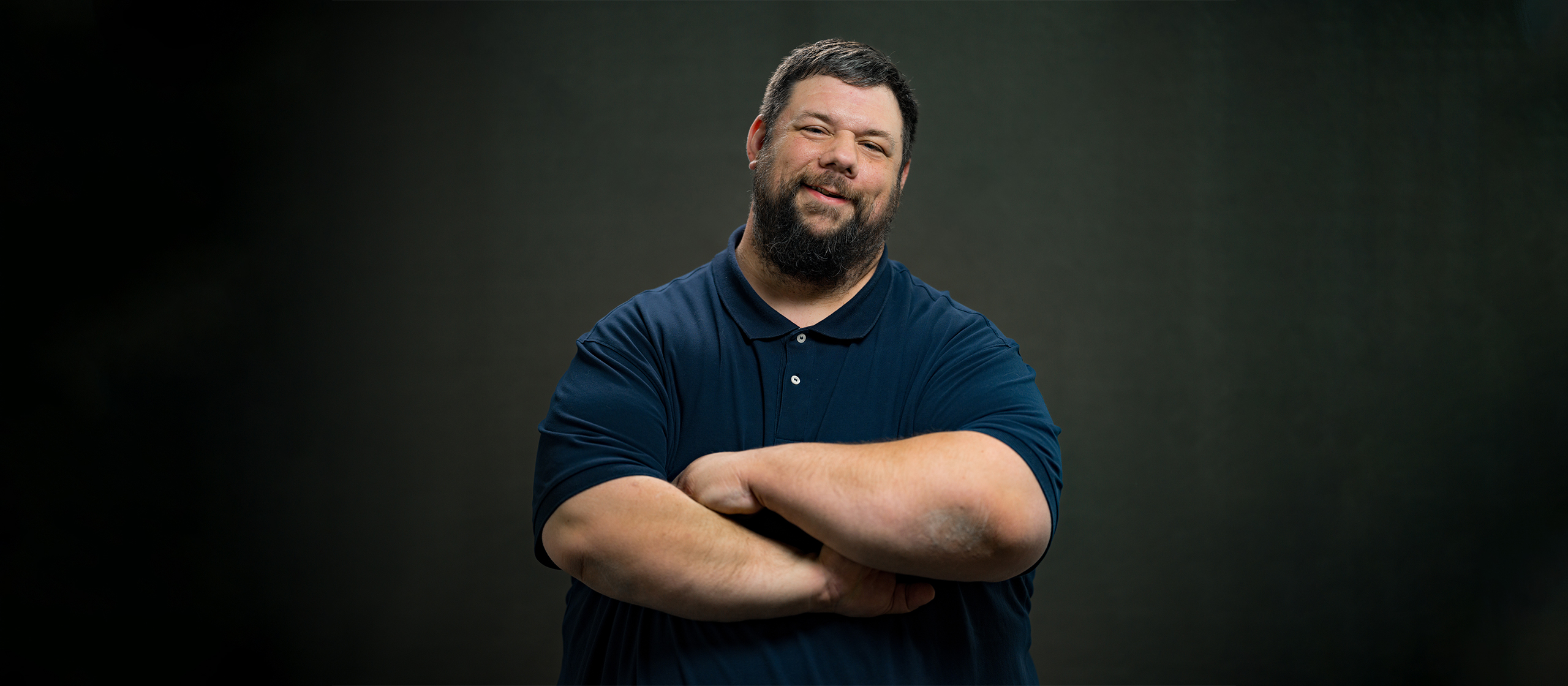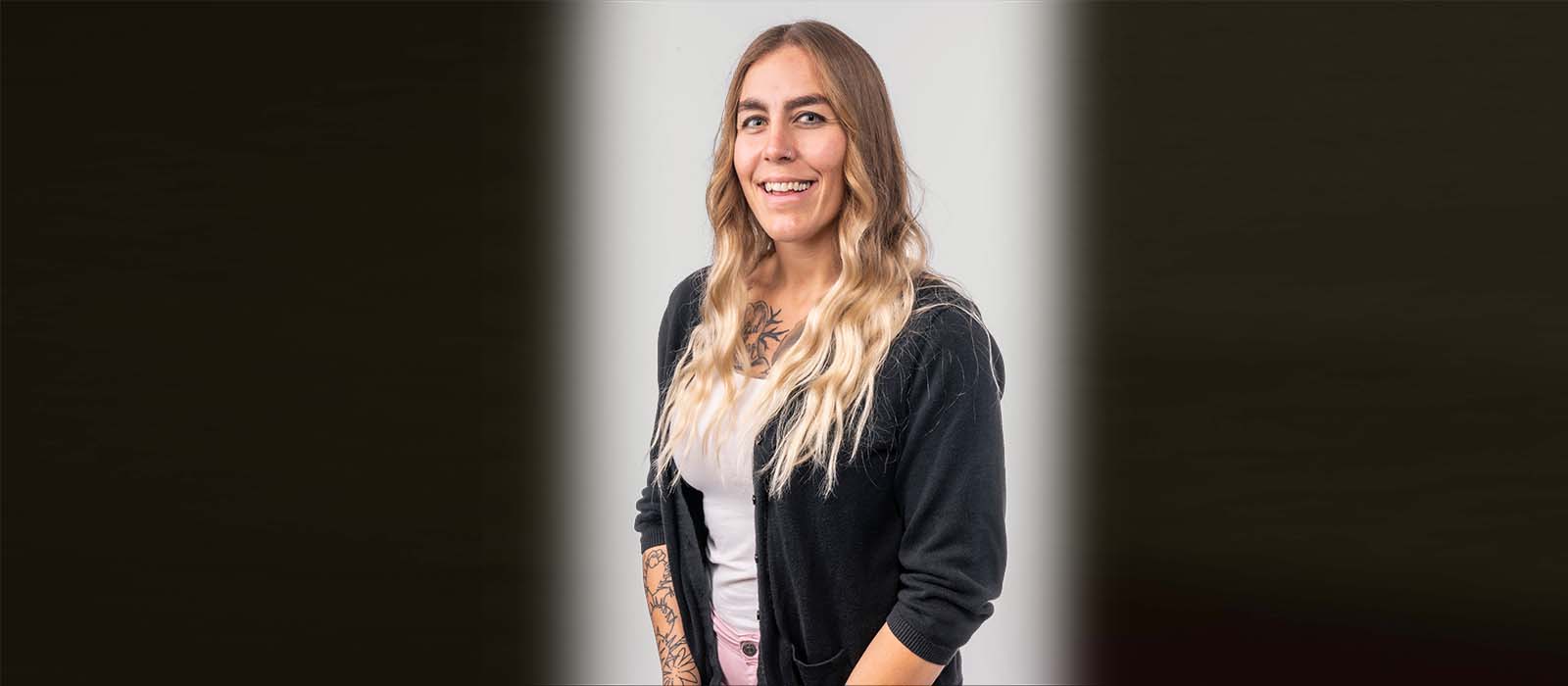What is the story related to resilience that you’d like to share?
Entering 2023, I was in what I thought was a healthy relationship with my then-girlfriend. She had become distant, and communication was lacking. I was scared I had done something wrong to deserve this treatment. The lack of communication then became a version of blaming me for everything wrong in her life. She eventually ended the relationship. After experiencing this situation, naturally I questioned who I was and the type of person I am. It truly was the dark times. I was desperate for any escape from the gut-wrenching feeling every waking second.
I decided it would be best if I let go of my ego, pushed myself to try something new, and redefined myself. So I went to work at a summer camp in Minnesota on a lake. I was scared at first, and progress felt impossible. But week by week, I started meeting the new me that was developing before my eyes by being thrust into leadership positions. Aha, I have found myself and my calling once again. The pain and desperation I had felt seemingly melted away from my heart and soul. I had survived my darkest days experienced thus far in my life.
What strengths can you identify within yourself that helped you navigate the situation?
I recognized my willingness to learn and to be a leader. I also recognized my ability to kill my ego in order to find inner peace. It is a difficult and humbling process but extremely worth it. I also kept my trust in the world and in myself.
Did you have a person or persons to look to for support during this time? If so, what was it about that person/those people that was helpful or not helpful? If not, what did you do instead?
I had a few friends and my therapist as my biggest support system. They offered different perspectives on the situations, and they acted as my north stars. I fell from my path quite often, but they were all patient enough to help me through it.
What resources did you use during that time? Are there any barriers or limitations regarding access to these resources? What resources do you think still need to be developed for others?
I utilized therapy at this time. There were no barriers with the interaction except the process of actually getting into therapy on campus being difficult and unpredictable. I think what could have aided me even more so would have been someone dedicated to relationship advice and mitigation.
What is one thing related to your experience that you wish everyone could understand? What advice might you share with someone who is experiencing something similar?
One thing I want people to understand is that no matter what, you must live with yourself at the end of the day. The hurt your loved ones can inflict upon you can feel endless, but the hurt you perpetrate upon yourself by not letting go is even worse. Take your time to feel your feelings. It isn’t supposed to feel good or safe, but when you survive the feeling, you can recognize you can do anything and that eventually, this too shall pass.





















